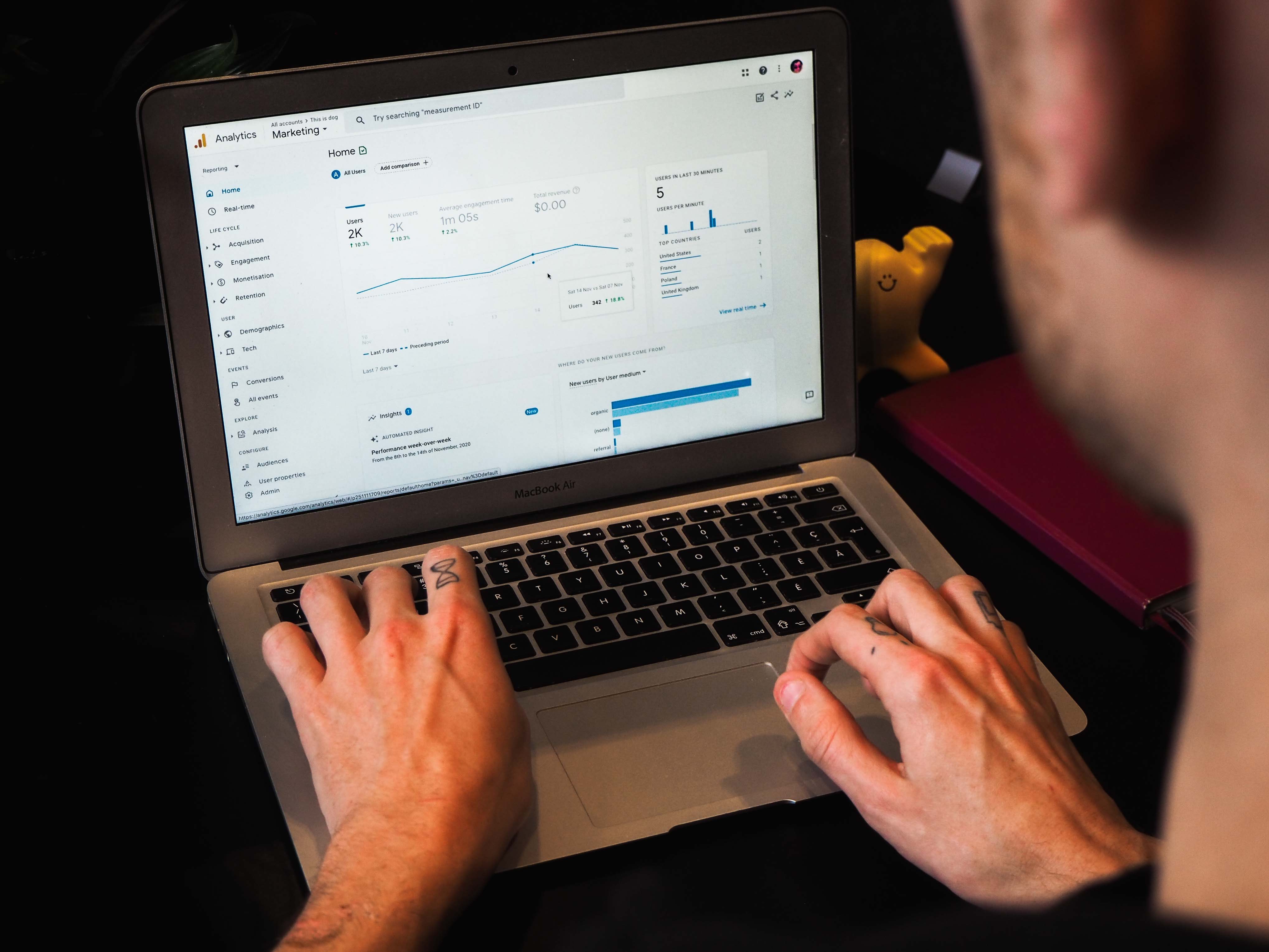As someone invested in ensuring the continued, sustainable and scalable success of the digital marketing efforts of businesses around the world, I want to provide you with more information about the upcoming changes to Google Analytics and the steps we can all take now to future-proof our ability to lean-in to data-driven decision making.
What's changing?
As you may know, Google is phasing out support for third-party cookies (currently targeting 2024, owing to some delays), which is a significant shift in how we track user behaviour and generate insights. This change is a positive step towards increasing privacy and data protection for users, but it will have an impact on the digital marketing industry as a whole.
To address these changes, Google is introducing a new measurement model called "Google Analytics 4." GA4 offers more advanced tracking capabilities and better support for cross-device and cross-platform tracking. With GA4's event-based tracking model, we can track specific user interactions more granularly than before, leading to more accurate attribution of user behaviour.
Why does it matter?
With this change, Google is providing a new set of tools and features to help businesses comply with data privacy regulations and ensure that they are collecting and using data ethically. These include enhanced consent and user permissions management, data retention controls. Ultimately, this is a chance to continue improving the returns you see from your digital marketing, enhancing the performance of your Google Ads, Meta Ads and more; while maintaining ethical and compliant practices across your organisation.
As mentioned, one of the key benefits of GA4 is its enhanced support for cross-device and cross-platform tracking. This means that we can more accurately attribute user behaviour across multiple devices and platforms, giving us a better understanding of how users interact with your brand.
How do you prepare?
At Yatter, we are committed to ensuring that our clients' digital marketing campaigns continue to perform well despite these changes. As you'd expect, our team is keeping tabs on the situation and making any and all necessary adjustments to client campaigns to ensure that they continue to excel.
However, we'd recommend that you take advantage of Google's extensive resources and documentation to familiarise yourself with the upcoming changes and start planning your own transition to GA4. Of course, we're here and would be more than happy to answer any questions you may have and provide support throughout the transition process.
I truly believe that the changes to Google Analytics present an opportunity for businesses to enhance their digital marketing efforts and better understand their customers. I look forward to navigating these changes with future-focused companies and to continuing to delivering sustainable, scalable success for our clients.

Comments